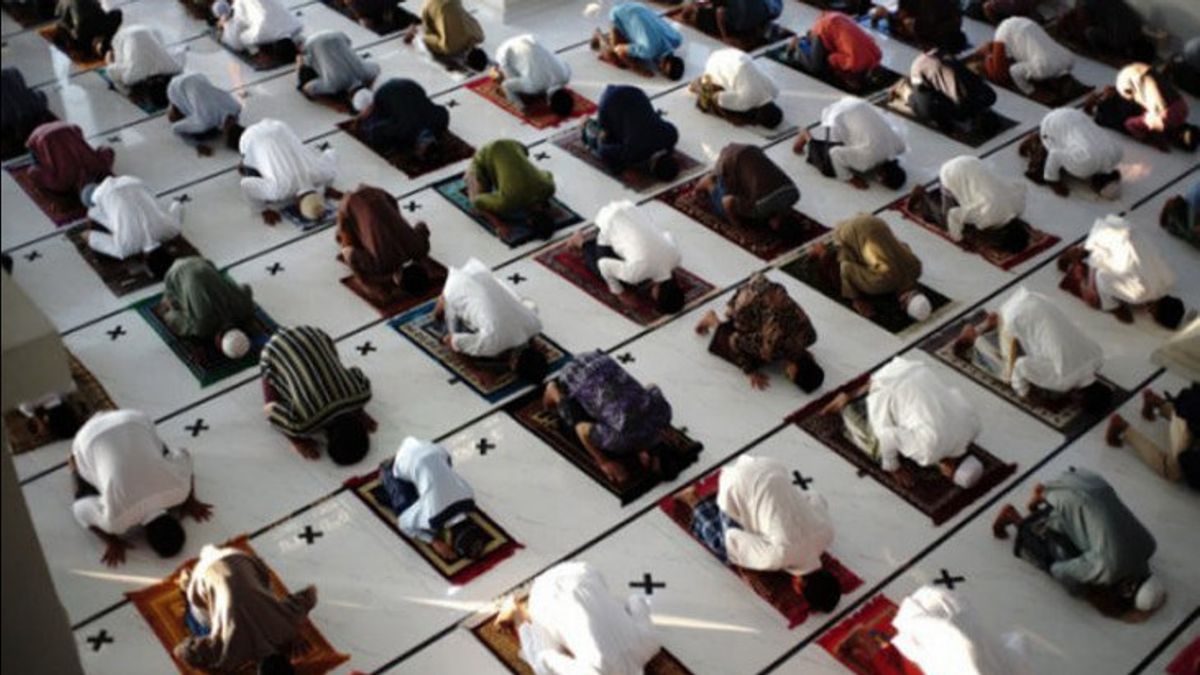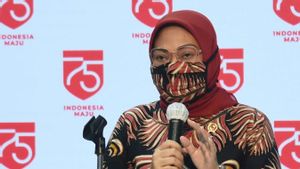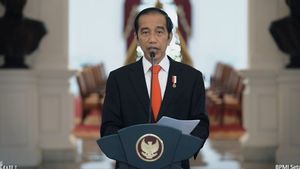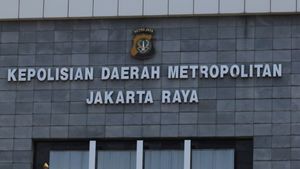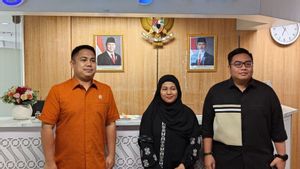JAKARTA - Circular (SE) of the Minister of Religion Number 5 of 2022 concerning Guidelines for the Use of Loudspeakers in Mosques and Musala reaps the pros and cons.
However, the Nahdlatul Ulama Executive Board (PBNU) assessed that the regulation did not prevent the spread of Islam.
"SE setting up the loudspeakers does not hinder religious symbols", said PBNU Deputy Chairperson, KH Zulfa Mustofa, to reporters on Tuesday, February 22.
Zulfa said the guidelines were in line with the prophet's hadith so as not to disturb others because of the loudspeaker outside.
"The spirit is to embody the hadith of the prophet: الْمُسْلِمُ لِمَ المُسْلِمُونَ لِسَانِهِ, a good Muslim is one whose words and actions do not disturb others", said Zulfa.
Because of this argument, he continued, PBNU supports the guidelines issued by the minister of religion because they are in line with the principles adopted by Nahdlatul Ulama (NU). Where, said Zulfa, every rule and law must aim at achieving the common good of all citizens.
"As Islamic law, itself actually always brings benefit, convenience, justice, and mercy for its adherents and mankind", he said.
However, PBNU asked the Ministry of Religion to massively and actively socialize the SE to provide complete information to Muslims in Indonesia.
"The Ministry of Religion should actively and massively socialize the SE because people's rejection is usually due to not having read and fully understand the meaning of the SE", concluded Zulfa.
VOIR éGALEMENT:
Previously, a member of House of Representatives Commission VIII from the PKS faction, Bukhori Yusuf, criticized the Ministry of Religion's latest policy regarding guidelines for using loudspeakers in mosques/musala. This rule is regulated in Circular No. 5 of 2022 concerning Guidelines for the Use of Loudspeakers in Mosques and Musala.
Bukhori assessed that the guidelines substantially ignore the dynamics of the sociological and cultural conditions of the local community. Given the scope of the circular, it is not only addressed to mosques or prayer rooms located in urban areas, but also rural areas.
“The use of loudspeakers in mosques is a tradition for Muslims in Indonesia. For traditional communities who are communal, they have relatively more positive acceptance of the tradition of chanting the call to prayer, remembrance, or recitation aloud through mosque speakers", said Bukhori in Jakarta, Tuesday, February 21.
"In addition to the reason that in communal culture, every individual's behavior is naturally constructed to prioritize the public interest. This tradition also does not find problems when applied in a homogeneous environment such as rural areas", he continued.
This Central Java electoral district legislator said that in the construction of community culture in rural areas, the loud sound has been transformed into a soundscape or environmental sound.
So, said Bukhori, if the frequency or capacity of the sound decreases, weakens, or even disappears, it can affect the mental atmosphere of the population who are usually exposed to the chanting of the sound from the mosque/musala, even though it is carried out in a loud voice.
"It's like a part is missing in their daily life", he said.
The English, Chinese, Japanese, Arabic, and French versions are automatically generated by the AI. So there may still be inaccuracies in translating, please always see Indonesian as our main language. (system supported by DigitalSiber.id)
